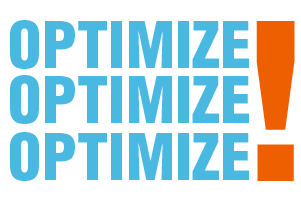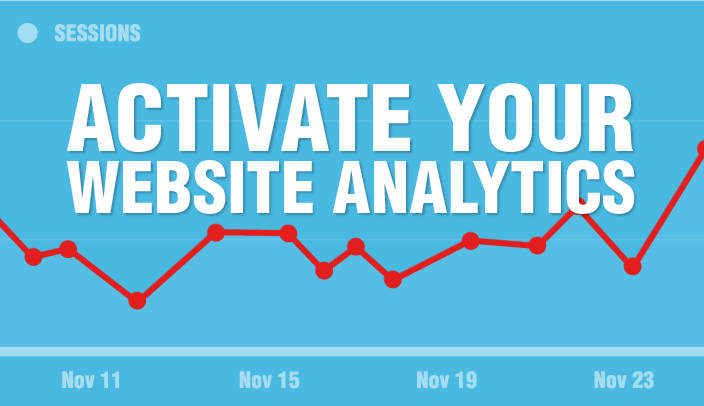Activate Your Website Analytics
11.30.16 · Greteman Group
You sell a product. You have audiences to target. You want to know if you’re effectively reaching them and to validate that online marketing will accomplish your goals. You need a tool to help.
The good news is you probably already have the means, you’re just not activating it to its fullest potential. That magic tool is Google Analytics.
While this little snippet of code can offer almost too much information for the first-time viewer, the ah-ha’s you will uncover are endless.
- Shows the demographics of individuals who are coming to your website. Are these individuals you want to target? If not, time to start planning on how you want to attract them.
- Identifies what pages are most important to your visitors. You can tell a lot about the types of info you should be promoting based on where users navigate the most. Are you splashing around vague information about your charter program, but noticing that people just want to know the nitty-gritty about pricing, locations and times? Give them what they want.
- Determines how they got to your website. On a basic level Google will tell you if someone found you through search, came direct to your website or through a social link. You can also track whether someone came to your website from an email link, ad campaign or through a specific social post. (Note, this only works if you think to use referral links in your digital campaigns. But you always do, right?)
- Pinpoints the search terms that individuals use to find you. This can be used to review your search-engine-optimization efforts, your pay-per-click search campaigns as well as your content marketing efforts.
Hello, accountability
Outside of giving you a glimpse into how users are getting to your site and what they’re doing, analytics let you track those efforts.
- Set up goals and track conversions such as contact forms submissions, contest entries, or download requests. How much is a lead worth to you? Add that dollar value into your Google Analytics and see what your website is delivering.
- Enable event tracking and track clicks on specific buttons or links, such as a play button on a video or a radio button for more information. This is especially helpful if you have multiple actions on one page, because you can identify the true interest of your users.
In the digital world your online work is never done. Analytics help you determine what you could be doing better. Setting goals and tracking metrics give you get a better idea of how to optimize your campaign – and your website.



This column ran in the December 1st issue of BlueSky Business Aviation News.
